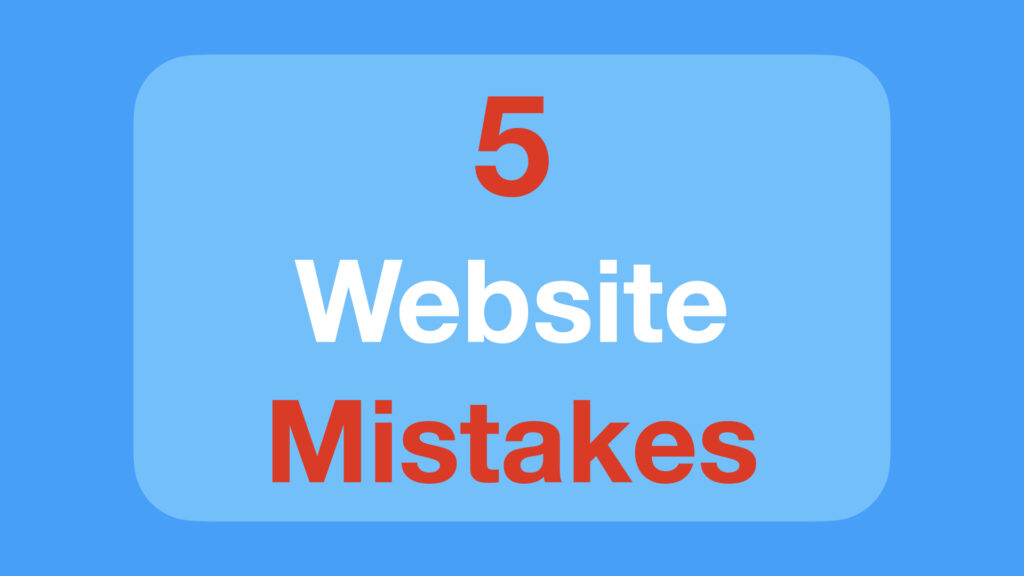
Starting a new Christian business is exciting, but let’s be real—getting noticed online can be a challenge. That’s where SEO (Search Engine Optimization) comes in. It’s the best way to make sure your website shows up when people search for what you offer, whether that’s faith-based services, products, or resources. But diving into SEO without a plan is like trying to find your way without a map—you’ll just end up lost. Here’s how to create a tailored SEO roadmap for your Christian startup, one that aligns with your mission and helps you reach the right people.
Step 1: Define Your Mission and Goals
Before you even touch a keyword tool or tweak your website, take a step back and think about your mission. What is your startup all about, and who are you trying to reach? Understanding your purpose will guide every decision you make in your SEO strategy.
Example of a Good Approach: “We want to help Christian families find affordable, faith-based counseling services in our community.” This mission helps you focus on reaching local searches and those looking for counseling services with a Christian approach.
Example of a Bad Approach: “We want to be on the first page of Google.” That’s a great goal, but it’s not specific enough. It doesn’t tell you who you’re trying to reach or why.
Step 2: Research Keywords That Matter to Your Audience
Keywords are the words and phrases people type into search engines when they’re looking for something. Finding the right ones is crucial because they connect your content with the people searching for it. For a Christian startup, you want keywords that reflect both your industry and your values.
Good Example: Use tools like Google Keyword Planner or Ubersuggest to find terms like “faith-based financial advice,” “Christian youth programs in [city],” or “Bible study tools for beginners.”
Bad Example: Choosing generic keywords like “counseling” or “youth programs” without including the Christian angle. You’ll miss out on connecting with people who are specifically looking for faith-centered options.
Step 3: Create a Content Calendar
A content calendar helps you plan out what you’re going to post on your website and when. It’s like a schedule for creating blog posts, videos, or guides that your audience will find valuable. Your content should answer questions, offer advice, or solve problems that your target audience is facing.
Good Example: If you run a Christian coaching business, plan out blog posts like “How to Set Faith-Based Goals for 2025” or “Bible Verses for Christian Entrepreneurs.” Post once or twice a month to keep things fresh.
Bad Example: Posting content randomly without a plan. One month you’re posting three times, and the next, nothing. Consistency is key—Google loves websites that are regularly updated.
Step 4: Optimize Your Website for Local Search
If your startup serves a specific area, like a Christian bookstore or a church, local SEO is a must. Local SEO helps people in your area find you when they search for things like “Christian bookstore near me” or “faith-based events in [city].”
How to Do It Right: Make sure your Google Business Profile is set up with accurate info like your address, hours, and a brief description of what you do. Include your city or town in your website content, like on your About page or in blog posts.
Bad Example: Forgetting to include your location on your website. If people don’t know where you are, how can they find you? You’ll miss out on all those local searches.
Step 5: Focus on User Experience (UX)
Google wants to show people websites that are easy to use and provide a good experience. That means if your website is slow, hard to navigate, or looks messy on mobile, it can hurt your rankings. Make sure your website is simple, clean, and loads quickly.
Good Example: Use a clean layout with clear headings, fast-loading images, and easy-to-read fonts. Test your website on different devices to make sure it looks good everywhere.
Bad Example: Stuffing your pages with too much information or fancy graphics that slow everything down. Visitors will bounce, and Google will take note.
Step 6: Build Relationships for Backlinks
Backlinks (links from other websites to yours) are a big part of any SEO strategy. They help show Google that your website is trustworthy and worth ranking higher. For a Christian startup, building relationships with other faith-based websites can be a great way to earn quality backlinks.
How to Do It Right: Reach out to local churches, Christian bloggers, or related businesses and offer to collaborate on content. Maybe you can write a guest post or get featured in their resources section.
Bad Example: Buying backlinks from shady sites or participating in link schemes. It might give you a quick boost, but it’s risky and can get your site penalized by Google.
Step 7: Track Your Progress with Analytics
It’s important to know what’s working and what’s not. Using tools like Google Analytics and Google Search Console helps you see how people are finding your website, which pages they’re visiting, and which keywords are driving the most traffic.
Good Example: Check your analytics once a month to see which blog posts are getting the most views and where your traffic is coming from. Use this info to adjust your content strategy.
Bad Example: Ignoring the numbers and hoping for the best. SEO is a long-term game, but you still need to track what’s happening to make smart adjustments along the way.
Step 8: Be Patient and Persistent
SEO takes time—it’s more like running a marathon than a sprint. You might not see results in the first few weeks, but don’t get discouraged. Consistent effort pays off in the long run.
Good Example: Commit to working on your SEO strategy for at least six months before expecting major changes. Keep creating content, building relationships, and optimizing your site.
Bad Example: Giving up after a month because you’re not on page one yet. Even the best SEO strategies take time to show results. Hang in there!
Build an SEO Roadmap That Reflects Your Mission
Creating an SEO roadmap for your Christian startup doesn’t have to be complicated, but it does require a little thought and planning. When you align your strategy with your mission and values, you’ll not only attract more people to your website—you’ll attract the right people, those who are looking for what you uniquely offer.
If you’re ready to build a solid foundation for your Christian startup’s SEO, we’re here to help. Reach out to us through our contact page, and we’ll help you create a strategy that fits your needs and stays true to your mission. Let’s grow together!












